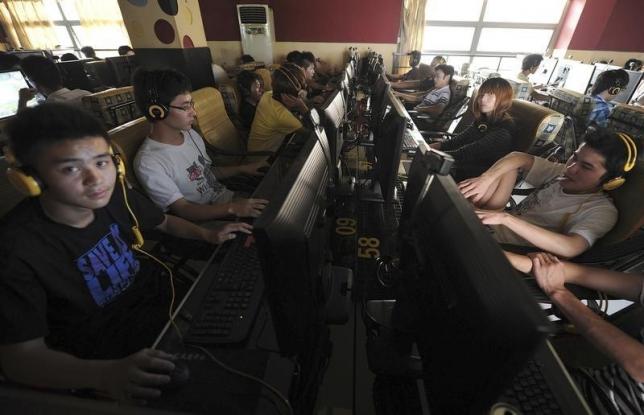(Reuters) – A hacking attack using malware from overseas servers was to blame for Internet problems in China earlier this week that prevented users accessing a number of popular foreign websites, an official state-run newspaper said on Friday.

Social media users first reported on Sunday that they were being sent to software website wpkg.org and travel website ptraveler.com when trying to access news websites like cnn.com, news portal yahoo.co.jp, and games website runescape.com, among others.
The incident was the latest in a series of challenges businesses and individuals have faced going online in the world’s second-largest economy.
The English-language China Daily, citing the National Computer Network Emergency Response Technical Team Coordination Centre, an agency that monitors China’s Internet safety, said the redirection happened because some servers in China were contaminated by malware from overseas servers.
Experts said it will be difficult to trace the source of the attack because it is technically possible to carry it out by remotely controlling the servers, the newspaper said.
No group or individual has claimed responsibility for the attack, it said.
A senior staff member at the center told the newspaper that it was not currently possible to estimate the damage caused.
It was a rather strange case because the hackers were directly targeting the telecom carriers’ servers. It has rarely happened before, the unidentified official said.
Developers from wpkg.org had said they were unsure why traffic from inside China was being redirected to their site.
Access to the internet – both speed and stability – have long been a major issue especially among foreign businesses and individuals. This is especially the case when attempting to access overseas online services, which are regularly plagued by disruptions and blockages.
Internet services operated by Facebook Inc, Google Inc and Twitter Inc, to name a few, are unusable in China. The country operates the world’s most sophisticated censorship mechanism in order to quell sources of information the Communist Party sees as potentially destabilizing or undermining its rule.
(Reporting by Ben Blanchard; Editing by Paul Tait)





